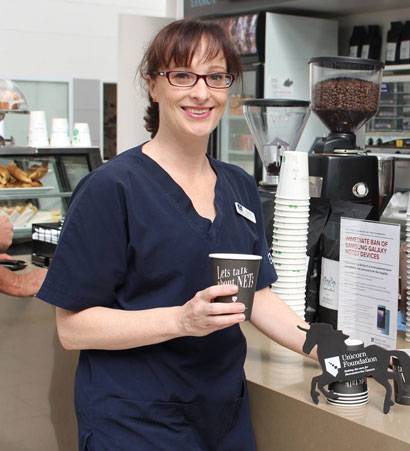
My name is Katie and I was diagnosed with a large pheochromocytoma in 2015. I joined the CAG in 2016. Like many, I was misdiagnosed for years and had to experience other illnesses and hospital admissions prior to a somewhat dramatic diagnosis and subsequent eviction of the trouble maker. My “journey” with Nets continues with regular monitoring by a great team and balance.
Ironically I feel like i’m more alive and “present” in my life after the pheo and the everest I had to climb to get the right care and find the right team of medical professionals to surround me. It had made me so sick for so long but somehow it has made me more appreciative.
I’m a mum, a wife, a daughter, a friend and an ICU nurse.
1. What impact has NETs had on your life?
Having a NET, in my case a pheochromocytoma, has had a big impact on my life and that of my family mainly because of the journey to diagnosis. For years I had felt unwell and not my normal self. I was a confident, happy go-getter who had become tired, anxious and nervous without cause and ultimately developed an extra short fuse. My life, relationships and career were being negatively affected by my symptoms which I couldn’t control, understand, or seem to get medical help with. Was I going mad? With the benefit of hindsight I had all the classic symptoms, anxiety, high blood pressure and high heart rate, sweating, and headaches. The pheochromocytoma didn’t show its cards all at once with symptoms progressing over the years. Despite disclosing my ongoing and developing symptoms to my GPs and specialists time and time and time again my pheochromocytoma wasn’t found until I was admitted to hospital in a catecholaminergic crisis causing a dangerous heart condition. “Thanks” to the heart condition and a specialist who finally listened, my pheochromocytoma was found and evicted.
Undergoing genetic tests and contemplating what the results could mean for my family and our lives was daunting, definitely scary, potentially devastating and life defining but one of the biggest impacts of having a pheochromocytoma for me was a shift in how I view and interact with the medical and health system. I felt let down. I had to work hard over a number of years to be diagnosed and I had to work even harder to find the right medical team with the right experience to look after me post diagnosis. If medical professionals including radiologists had considered a NET in initial investigations I would have been diagnosed five years earlier prior to my symptoms becoming dangerous.
2. What drew you to become involved in the CAG?
In my research and by talking to fellow CAG members I found that most NET patients have a similar frustrating and long journey to diagnoses. I wanted to become part of The Unicorn Foundation’s CAG to help spread the word about NETs and ultimately to improve the length of time to diagnosis for future NET patients. I feel that our health system can and should do better.
3. What advice would you to give to a newly diagnosed patient? What has been most helpful to you in your NET experience?
I found the most helpful thing for me was to be cared for by a multidisciplinary medical team with experience in pheochromocytomas. All my information is in the one place and all the experts I need are in the one place working collaboratively on my care! I would recommend to any newly diagnosed patients to push hard and search for the hospital/s in your area that have experience with NETs and are most likely to have a multidisciplinary team to care for you. Check out the Unicorn Foundation’s list of NET doctors for a guide.



